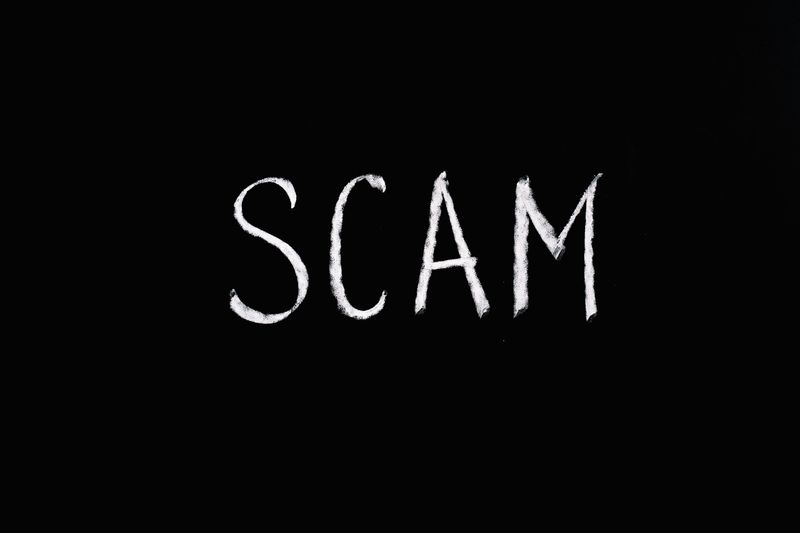Tragedy Strikes Maui as Wildfires Devastate Historic Town
Overview
On August 9, 2023, a devastating wildfire swept through the heart of the Hawaiian island of Maui, resulting in the deaths of at least six people and the destruction of hundreds of homes and structures. The fires, fueled by strong winds from Hurricane Dora, continue to burn as residents and officials grapple with the extent of the devastation. Lahaina, a historic town on Maui dating back to the 1700s, was particularly hard-hit. The loss of life and property has left the community reeling and mourning the tragic events.
Causes and Impact
The exact cause of the wildfire is yet to be determined, but experts point to a combination of factors including high winds, low humidity, dry vegetation, and the effects of climate change. Climate change, in particular, is said to be increasing the likelihood of more extreme weather events, including wildfires. As Erica Fleishman, director of the Oregon Climate Change Research Institute, explains, rising temperatures can lead to increased vegetation dryness, even with the same amount of precipitation. This, combined with other factors, creates conditions ripe for wildfires.
The impact of the wildfires on Maui has been devastating. With dozens wounded and 271 structures damaged or destroyed, the loss of homes and businesses has left countless lives shattered. Lahaina, a vibrant coastal town frequented by tourists, now lies in ruins, with charred skeletons of trees, piles of rubble, and scorched boats in the harbor. The emotional toll on residents and visitors alike is immeasurable.
Response and Recovery
In the aftermath of the wildfires, local officials and emergency responders have been working tirelessly to rescue and aid those affected by the tragedy. Search and rescue operations are ongoing, and the death toll may rise as the full extent of the damage becomes clear. Evacuation efforts are underway, with authorities urging visitors to leave Lahaina and organizing a mass bus evacuation to transport people directly to the airport.
The federal government has also mobilized resources to assist with response and recovery efforts. President Joe Biden has ordered all available federal assets to be deployed, including support from the Coast Guard, Navy, and Marines. Shelters have been set up to accommodate thousands of displaced residents and tourists. The Hawaii Convention Center in Honolulu is being prepared to house up to 4,000 individuals who have lost their homes or been evacuated.
Philosophical Discussion: Climate Change and Extreme Weather
The devastating wildfire on Maui is a stark reminder of the impacts of climate change on our planet. While the exact cause of this particular wildfire is unclear, experts agree that climate change is contributing to more frequent and intense weather events, including wildfires. Rising temperatures, combined with other factors such as wind patterns and dry vegetation, create conditions that are conducive to the rapid spread of fires.
This raises important philosophical questions about our responsibility as individuals, communities, and governments in the face of climate change. How do we reconcile the incredible beauty and allure of places like Maui with the knowledge that they are increasingly vulnerable to such disasters? Should we be rethinking our relationship with nature and the way we manage and inhabit these vulnerable regions?
Moreover, the tragedy on Maui highlights the urgent need for global action to mitigate the impacts of climate change. The wildfires serve as a reminder that the effects of climate change are not hypothetical or distant; they are real and have immediate impacts on people’s lives. It is crucial that governments, businesses, and individuals come together to address the root causes of climate change and implement measures to adapt and build resilience in the face of these challenges.
Editorial: Lessons Learned and Moving Forward
The wildfires on Maui serve as a grim reminder of the urgent need to prioritize climate change mitigation and adaptation measures. As temperatures continue to rise and extreme weather events become more frequent, it is crucial that governments and individuals take proactive steps to minimize the risks and impacts associated with climate change.
First and foremost, we must invest in robust disaster preparedness and response systems. This includes early warning systems, evacuation plans, and well-equipped emergency response teams. Additionally, building codes and land use planning should take into account the risks posed by climate change, ensuring that structures are designed to withstand extreme weather events.
Furthermore, we need to rethink our relationship with the environment and adopt sustainable practices that minimize our impact on the planet. This includes reducing greenhouse gas emissions, transitioning to renewable energy sources, and implementing nature-based solutions such as reforestation and ecosystem restoration.
Lastly, education and public awareness are key in fostering a collective understanding of the impacts of climate change and the necessary actions to address them. By promoting environmental literacy and engaging individuals in climate action, we can build the necessary momentum for change.
As we mourn the lives lost and the devastation caused by the Maui wildfires, let us not forget the valuable lessons learned. We have an opportunity to come together and forge a path towards a more sustainable and resilient future. By taking action now, we can build a world where tragedies like these become a thing of the past.
Advice for Individuals and Communities
For individuals living in areas vulnerable to wildfires, it is essential to prioritize personal safety and preparedness. Stay informed about fire safety regulations and evacuation procedures, and have a plan in place in case of an emergency. This includes keeping important documents, medications, and emergency supplies readily accessible.
Additionally, individuals can contribute to climate change mitigation by reducing their carbon footprint. This can be done through simple actions like conserving energy, using public transportation, reducing waste, and supporting environmentally responsible businesses.
Communities should also prioritize wildfire prevention and preparedness measures. This includes creating and maintaining defensible spaces around homes, implementing community-wide fire prevention programs, and investing in fire-resistant infrastructure.
Moreover, communities should engage in dialogue and collaboration to develop comprehensive climate action plans. This involves working with local governments, businesses, and community organizations to identify and implement climate change mitigation and adaptation strategies.
By taking proactive measures and working together, individuals and communities can mitigate the risks of wildfires and build resilience in the face of climate change. Let us not wait for tragedy to strike before we act; the time for action is now.

<< photo by Malachi Brooks >>
The image is for illustrative purposes only and does not depict the actual situation.
You might want to read !
- Shattered Lives and Scattered Dreams: The Aftermath of Cedar Park’s Devastation
- An Exploration of the Aftermath: Turned in – The Last of the Montgomery Brawl Suspects
- “Fulton DA Strikes Back: Debunking Trump’s False Rumors”
- Stranded in Midair: The Terrifying Cedar Point Roller Coaster Evacuation
- “The Lincoln Lawyer Season 2 Ending: Analyzing the Mind-Blowing Plot Twist”
- “The Ripple Effect: Analyzing the Impact of the Montgomery Incident”
- Climate Change Implications: How Canada is Being Affected by the “Era of Global Boiling”
- “Exploiting the Emergency: How Will Hawaii Weather the Storm?”
- The Eternal Legacy: Celebrating Whitney Houston’s Timeless Voice
- Powerless in the Storm: Assessing the Impact of Severe Weather on the East Coast
- Severe Weather Wreaks Havoc Across Southern and Eastern Regions: A Devastating Toll in Lives Lost
- “Matthew McConaughey’s Call to Washington: Addressing Gun Control”
- Tornado Watches: Bracing for Severe Storms Sweeping Across…




